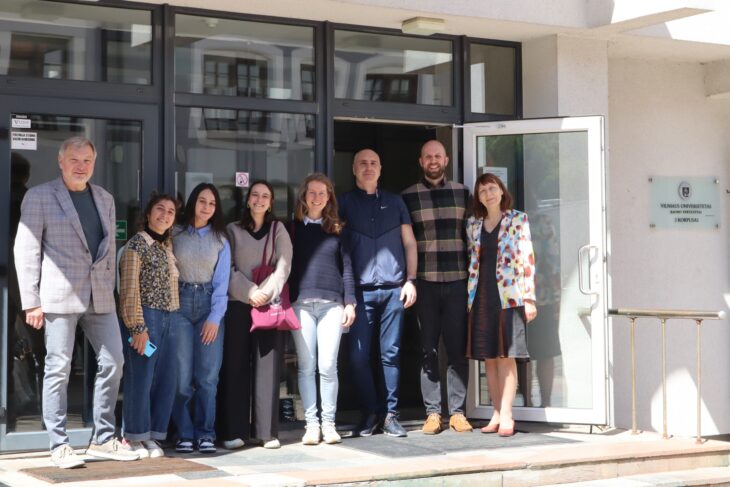

Funding: 0000000k

Budget: 48.675k

Duration: 01/2021-12/2023
AIM
KAEBUP aims at creating an international educational and training method offering participants the opportunity to engage with professional environments, learning how research can be the basis for innovative professional practices and what businesses in the field of planning, architecture and urban design require from academia.
TARGET GROUPS
This will be done at all levels of the academic community:
- At the students’ level, the project intends to respond to the need for awareness on the SDGs and Sustainability, for skills development, necessary to ensure proper youth involvement in the transition, and as a tool of empowerment in the rising green jobs market.
- At the teaching staff level, BRIGHTS responds to the need for new methodologies to help teachers upskill and reskill their didactic modalities, and to deliver content in new stimulating ways.
- At a systemic and organisational level, BRIGHTS intends to meet the need highlighted by the Green Deal, to empower Universities in their capacity to address the green transition.
MAIN RESULTS
The project aims at reaching three results:
- The creation of MOOCS and the implementation of Sustainability Leadership sessions to educate students about the 2030 Agenda. The MOOCS (formal education) and associated interactive activities (non-formal education) will facilitate behavioral changes for individual preferences, consumption habits, and lifestyles as well as develop sustainability awareness and critical thinking, promoting learners’ leading attitude towards the active engagement in environmental sustainability.
- The creation of creative, student-centered delivery systems for lessons on sustainability. On the one hand, it will assist teachers in upgrading and reskilling their teaching modalities and in presenting material in fresh, energizing ways. On the other hand, it will encourage the development of methodologies focused on developing green skills, to meet the needs of individuals by implementing and testing creative, student-centered replicable practices.
- The creation of a manual compiling and disseminating best practices for establishing a Sustainability Center (SC) in higher education will strengthen universities’ ability to address the green transition by assisting them in establishing and bolstering the Sustainability Centers as catalysts for green opportunities.
Partners
University of Pavia (Italy) – Coordinator
Uiversity of Cyprus (Cyprus)
University of Cologne (Germany)
Reiss Romoli (Italy)
garagErasmus s.b.l. (Belgium)

Links
https://www.facebook.com/kaebup
https://www.instagram.com/kaebup/
https://www.linkedin.com/company/kaebup/
https://www.youtube.com/channel/UCdtL1kIl6fJh-qZflJrWLoA

Target Groups
Students, Teachers, High Education Institutions

Education Level
High education

Tags

Funded by the European Union. Views and opinions expressed are however those of the author(s) only and do not necessarily reflect those of the European Union or the European Education and Culture Executive Agency (EACEA). Neither the European Union nor EACEA can be held responsible for them.



